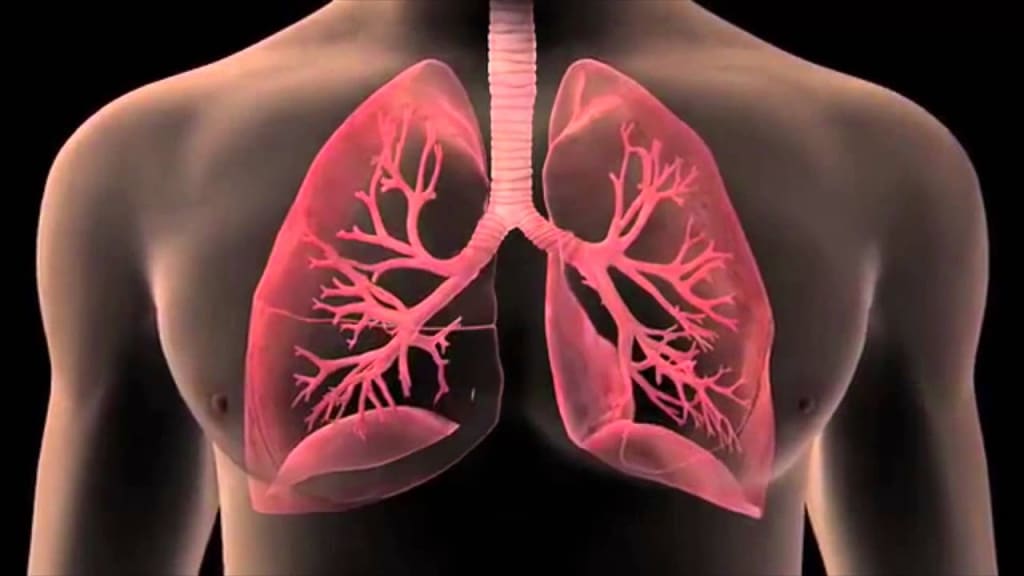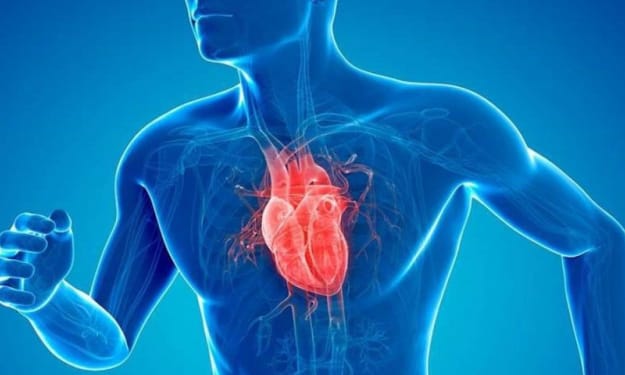
Cheyne-Stokes respiration is a particular type of periodic breathing that involves a climax rhythm of breathing in between central apneas or central hypopneas. Heart failure and stroke are the most common causes of Cheyne-Stokes respirations. Cheyne-Stokes breathing is seen in 25% to 50% of patients with heart failure, although being unusual.
The "Death Rattle"
Even while it may be unsettling to refer to this sensation as the "death rattle," it is an accurate description. The medical term for saliva and mucus accumulating in the airway when a person becomes too weak to expel those secretions is "end-stage wet respirations."
When the person breathes, the mucus and fluid build-up makes a rattling sound. When family and friends learn this, they may become upset. However, the patient is frequently not in pain or suffering.
Cheyne-Stokes Breathing
Breathing can be exceedingly quick and deep (hyperpnea) during Cheyne-Stokes, followed by periods of slow shallow breathing, or interrupted by apneic episodes, during which the person stops breathing entirely for a while. The breathing of Cheyne Stokes may seem random, yet it frequently happens in cycles that span between 30 seconds and two minutes.
This erratic, frequently unsettling breathing pattern is frequently observed in the final days and hours of life, but it can also occur in some persons with congestive heart failure.
Causes of Cheyne-Stokes Breathing
When a person is nearing the end of their life from any condition, including cancer, Cheyne-Stokes breathing is frequently observed. This will be covered first, but keep in mind that there are additional causes that are covered lower down, and that persons who are not actively dying may still experience this breathing.
Other Causes of Cheyne- Stokes Breathing
In addition to being an end-of-life occurrence, Cheyne-Stoke breathing may be seen with:
Congestive heart failure: Heart failure occurs when the heart (as a muscle) becomes weakened and has difficulty pumping blood. Similar to other muscles, progressive weakening can lead to the progressive inability of the heart to function in blood circulation to supply oxygen and nutrients to the cells of the body.
Carbon monoxide poisoning
Hyponatremia (a low sodium level in the blood)
Taking a nap at a high altitude
Stroke
Harm to the brain from trauma
Several drug overdoses, including morphine
Congestive Heart Failure with Cheyne-Stokes Breathing
Congestive heart failure patients frequently experience Cheyne-Stokes breathing, which is seen as a bad prognostic symptom. Nevertheless, some persons with Cheyne-Stokes breathing brought on by heart failure go on to enjoy long lives.
Cheyne-Stokes Breathing as a Symptom of Dying
At the end of life, breathing irregularities are possible and can be quite upsetting for present family members. It's vital to notice that the dying person's breathing is not painful and doesn't require any comfort measures. In fact, it's probably the body's attempt to make up for other physical changes that occur toward the end of life.
What more might be in store for you as you approach death, you might be wondering. People frequently remark about seeing loved ones who have passed on during this period, sometimes even acting frustrated as they attempt to describe things for which they seem unable to find words. In a state of "near death awareness," your loved one can express her intention to depart from you and tell you she will miss you as she passes away. Those who are close to death may find it upsetting to hear their remarks brushed off as hallucinations or to have them corrected. When your loved one is awake, try to talk to her and tell her that you care about her.
Summary
A person may exhibit a number of symptoms as they draw closer to the end of their life. Some symptoms of a loved one who is dying include pain, shortness of breath, anxiety, incontinence, constipation, delirium, and restlessness.
To Read the Full Article, Click Here: Cheyne-Stokes Breathing Causes
About the Creator
Rocky
Addyourlife.com is pleased to provide reliable, comprehensive, thought-provoking information on important topics worldwide without regard to bias or personal agendas.
https://addyourlife.com/






Comments
There are no comments for this story
Be the first to respond and start the conversation.